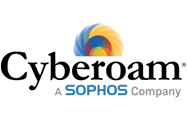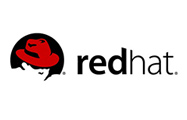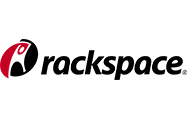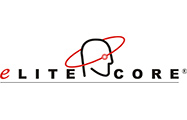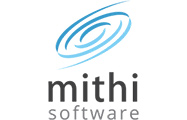Advantages of CCNA Networking Course
₹ 2,50,000+
Average Salary per Annum in India
$ 50,000
Average Salary per Annum in USA
15,00,000
Job Vacancies across the world
1,00,000
CCNAs in the world and the demand is increasing day by day
Why Choose Cisco CCNA Certifications Training and Course?
CCNA (CISCO CERTIFIED NETWORK ASSOCIATE) - Networking refers to a technology that connects electronic devices like mobiles and computers with internet using routers and switches. This network paves a path to communication with each other. Who can go for CISCO Certification? 1. This training program is ideal for any entry level engineers, IT Technicians or engineers who are aspiring to advance in the field of Networking. 2. Candidates who are keen to establish a serious career in NETWORKING. 3. Professionals already working in this field of NETWROKING 4. Candidates who have the inner Zeal to achieve CCNA Certification. If your goal is to become one of the most respected professionals in the Networking field, then you should enroll yourself for this CCNA Certification training in Jaipur now.
Register NowAbout Cisco Networking Certifications
Networking: Cisco CCNA
| Tracks | Regular track | Full day(Fastrack ) |
|---|---|---|
| Training Duration | 60 hours | 60 hours |
| Training Days | 30 days | 7 days |
Network professionals are in high demand. The HR professionals
filter them on basis of certification criteria. Certification becomes so
important that once you are certified you definitely get an added advantage
over those who have equivalent level experience this field. Certifications
actually speak up for you. With such certifications you achieve theoretical and
practical knowledge be it in Routing- Switching, Security, Wireless
Technologies.
Network Administrator :
You will have the opportunity to work with the company to create new solutions and customer offerings. You will handle to work to give Networking solutions for routing and switching.
Network Engineer:
The Network Engineer has the responsibility to set up, develop, and maintain computer networks in an organization, they are like a support system to the staff, client, and to their customers .
IT managers & IT Director :
Cisco Network Administrator after getting more experience and promotions are responsible for maintaining computer networks and problems which occur and their main work is to troubleshoot the problems occurred in the network of the organization.
CCNA Corporate Trainer:
The Cisco Network Trainer gives training to the students and corporate companies, work on the live projects and who choose to become a professional trainer in their career.

Enrollment For CCNA
Job Oriented Program
Our Job Oriented Program is one of a kind and a unique program that offers you 100% job guarantee right after completing the certification program and training with us. It is one of our renowned programs for producing job ready and experienced candidates with apt technical and soft skill knowledge demanded in the prompt evolving IT and digital industries.
Apply NowFREQUENTLY ASKED QUESTIONS
What is the validity of the certification?
Your Red Hat Certified Specialist in Linux Diagnostic and Troubleshooting certificate is valid for 3 years from the date of issue.
What is CCNA?
CCNA stands for Cisco Certified Network Associate.
What does a CNNA expert do?
A CCNA expert holds the skills, aptitude, information, and knowledge needed to set up, manage and arrange functions such as routing, networking, and switching systems.
Is CCNA high in demand by recruiters?
Yes, recruiters are always looking for CCNA experts. There are many businesses in every leading industry that are gradually understanding why networking is important.
In what industries is CCNA in demand?
CCNA is in demand in many industries including the finance, media, utilities, tech, manufacturing, transportation and healthcare sectors
What is certification name?
The certification you can go for after the completion of your training is Cisco Certified Network Associate (CCNA) EX200-125.
Can I update my certificate?
Yes, you can get your certificate updated.
What are the job opportunities after CNNA course?
The top job profiles to choose from include IT manager, IT Director, Network Engineer, Network Administrator and CCNA Corporate Trainer, amongst others.
What is the CCNA course duration?
The duration of this course offered by Grras Solutions is 60 hours.
How many days does it take to complete this course?
You can complete it in 30 days via regular track or 7 days with the full-day training.
Will you contact me when I fill this enrolment form?
Upon filling this form, our counsellor will give you a call.
Are there any necessary prerequisites?
No, there are no prerequisites you need to meet. However, 1+ years of experience in administering and implementing Cisco solutions is recommended.
Can I join a demo class?
Upon registration, you will get 3 demo classes before enrolment.
Do I need to get trained to be able to pass this course?
While training is not compulsory, it is advised to get trained to increase your chances of passing the exam.


